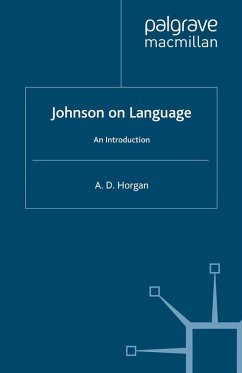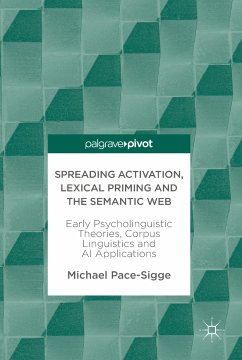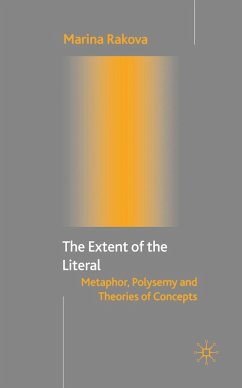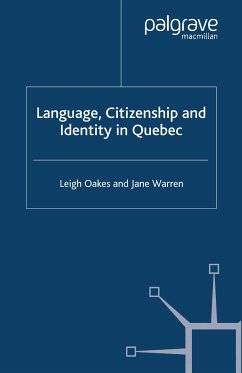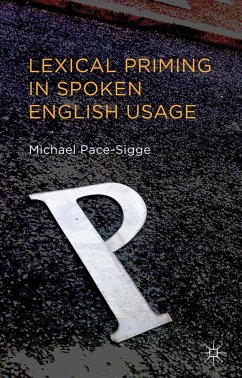
Lexical Priming in Spoken English Usage (eBook, PDF)
Versandkostenfrei!
Sofort per Download lieferbar
72,95 €
inkl. MwSt.
Weitere Ausgaben:

PAYBACK Punkte
36 °P sammeln!
This book shows that over forty years of psychological laboratory-based research support the claims of the Lexical Priming Theory. It examines how Lexical Priming applies to the use of spoken English as the book provides evidence that Lexical Priming is found in everyday spoken conversations.
Dieser Download kann aus rechtlichen Gründen nur mit Rechnungsadresse in A, B, BG, CY, CZ, D, DK, EW, E, FIN, F, GR, HR, H, IRL, I, LT, L, LR, M, NL, PL, P, R, S, SLO, SK ausgeliefert werden.



